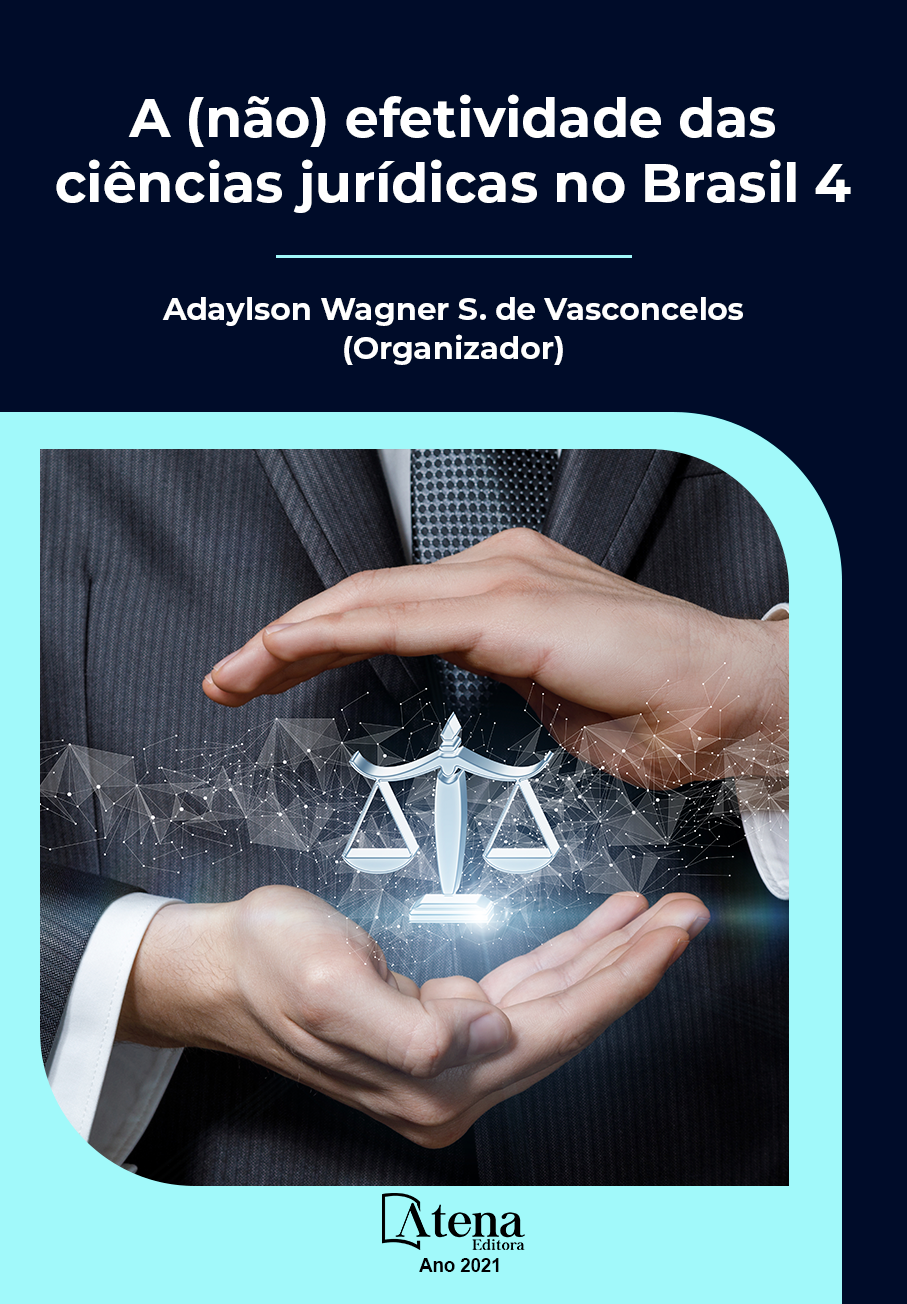
LA ESCRITURA ACADÉMICA EN EL POSGRADO Y EL PAPEL DEL DIRECTOR DE LA TESIS. RETOS Y DESAFÍOS.
En este artículo se presentan algunos de los hallazgos de un proyecto más amplio de investigación, que tuvo como propósito comprender las transformaciones en la escritura académica de estudiantes de posgrado de tres regiones de Colombia. Se optó por un estudio de caso múltiple de enfoque cualitativo, en el cual se analizaron dos ensayos de cada estudiante (uno inicial, de ingreso a la maestría y uno final, al concluir la maestría) y tres versiones del capítulo denominado problema de investigación, producidos por 72 estudiantes. El instrumento utilizado para el análisis de los textos fue una rúbrica de análisis escritural, construida a partir de las categorías: Locutor/enunciador, interlocutor/enunciatario, el tema/lo referido, superestructura y, macroestructura. Categorías construidas a partir del enfoque discursivo interactivo propuesto por Martinez (2004, 2005, 2013). De manera puntual, en este artículo se exponen algunos de los resultados más relevantes, derivados del análisis de las tres versiones de los problemas de investigación, en las categorías Locutor/enunciador, interlocutor/enunciatario, y algunas reflexiones acerca del papel del director de tesis, en la escritura académica de sus asesorados. Las dificultades iniciales están en la representación que el estudiante tiene de sí mismo como productor de conocimiento, alguien que sabe del tema en cuestión y las problemáticas que lo atañen. Otra dificultad, es representarse a la comunidad disciplinar de la que pretenden hacer parte, como la audiencia potencial que leerá sus producciones. Estas dificultades, se convierten en retos que enfrenta el director de tesis, desde tres tipos de acompañamiento, uno intensivo y extensivo, otro periférico y otro que podría denominarse como ausente. Este tipo de acompañamientos ayuda al estudiante a superar sus dificultades o persistir en ellas. De los hallazgos se colige que la alfabetización académica, además de una necesidad, es una responsabilidad de todos los actores y del currículo del posgrado.
LA ESCRITURA ACADÉMICA EN EL POSGRADO Y EL PAPEL DEL DIRECTOR DE LA TESIS. RETOS Y DESAFÍOS.
-
DOI: 10.22533/at.ed.21721050716
-
Palavras-chave: Escritura académica; Director de tesis; Problema de investigación; Formación posgradual.
-
Keywords: Academic writing, Role of the thesis adviser, Research problem and argumentation; Postgraduate education.
-
Abstract:
This article presents some of the findings of a broader research project, which purpose was to understand the transformations in the academic writing of postgraduate students from three regions of Colombia. A qualitative approach and a multiple case study were chosen, in which two essays of each student were analyzed (an initial one, upon entering the master's degree and a final one, upon completion of the master's degree) and three versions of the written chapter called ‘research problem’ produced by 72 students. The instrument used for the analysis of the texts was a writing analysis rubric with these categories: speaker / enunciator, interlocutor / enunciatee, the subject / the referred, superstructure and macrostructure. The categories were constructed from the interactive discursive approach proposed by Martinez (2004, 2005, 2013). Specifically, this article shows some of the most relevant results, derived from the analysis of the three versions of the research problem papers, in the categories Speaker / enunciator, interlocutor / enunciatee, and some reflections on the role of the thesis director in the academic writing of their advisors. The initial difficulties encompass the representation that the student has of him/herself as a producer of knowledge, someone who knows the subject in question and the problems that concern it. Another difficulty is to represent themselves to the disciplinary community of which they intend to be part, as the potential audience that will read their productions. These difficulties become challenges faced by the thesis director, from three types of accompaniment, one intensive and extensive, another peripheral and another that could be called absent. This type of accompaniment helps the student to overcome his difficulties or persist in them. From the findings, it can be inferred that academic literacy, in addition to being a necessity, is a responsibility of all stakeholders and of the postgraduate curriculum.
-
Número de páginas: 19
- Luz Stella Henao Garcia
- Daniel Mauricio Guerra Narvaez
- Tatiana Salazar Marín
- Karolaim Gutierrez Valencia
- Martha Lucia Garzón Osorio
- Karen Hasleidy Machado Mena
- Martha Cecilia Arbeláez Gómez


